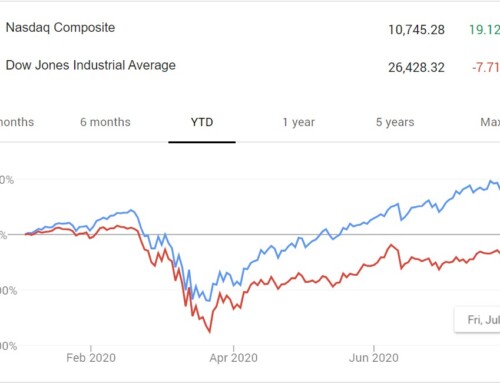I’ve worked with dozens of startup accelerators globally. Not all accelerators operate the same, but at least some assign one or more mentors (or “advisors” or “coaches”) to their cohort startups for the duration of their program [How they should be assigned is a subject for a future post]. The start of the mentorship term is often quite clear – e.g., when the startup founders and mentors are notified of their matches. Although, sometimes this is also not clearly done, or perhaps those who are not matched do not get notified at all. However, more often, the end date of the mentorship term is not clearly communicated.
This post outlines the 7 key reasons why the mentorship term end date should be clearly defined and communicated by the accelerator.
1. Forever is Unsustainable
Hopefully, this goes almost without saying. Unless an accelerator feels it has an endless supply of quality mentors, it probably wants to ensure its mentors don’t get fully booked up forever, or they won’t be available for future cohorts and startups. And if you consider mentors’ goals (giving back, staying current & learning, investing, networking), many probably don’t want to get tied to just a few startups “forever.”
2. Awkward
If the mentor is unclear about the end date, it gets awkward. Should they continue to take inquiries from the assigned founders? Does the accelerator want them to? If not, then how/when does the mentor indicate this? For founders too, is it okay to continue pinging their mentors? They don’t want to impose.
3. Too Early
Even worse, without a clear end date, mentors may stop supporting their startups too early. Either they think it should end earlier than it should. Or perhaps they think it needs to phase out over time, so they start early anticipated a ramp down period.
4. Fizzle
Without a clear end date, things – the relationship, the perceived value,…the relationship fizzle to an end. It provides no event to reflect back on all that was accomplished together.
5. Undefined Expectations
Without setting clear expectations up front, you risk disappointment. Perhaps founders feel they now have a lifelong mentor. Remember, founders may feel they have paid the accelerator for their program. Even if the accelerator invested in the startups, they feel they gave equity in exchange for $ and the program, which includes (often in a significant way) mentorship. They may feel the equity is “forever” and so should be the mentorship.
6. Lost Opportunities
Mentorship may not always want to continue forever, but it may often want to continue beyond the 3 or 4 month program. A well defined end date gives the mentor and mentee the opportunity to discuss the opportunity of continuing to work together. Without it, the founder may not even realize they have the option to continue working with a mentor they value. Whether there’s compensation or not is for those parties to then decide.
7. Missed Incentive
Having hard, well understood deadlines motivates people to accomplish as much as possible before the deadline. Give founders and mentors the added incentive to ensure they achieve as much progress as possible.
Hopefully, accelerators wills now appreciate the need to define and communicate specific mentorship end dates. When considering when to set those dates, probably consider that many startup founders can benefit from mentor help during their fundraising for a period after demo day. But also consider when mentors will need free time for the next cohort, perhaps even with a break in between.
Samir is a full-time tech startup mentor based in Silicon Valley and runs StACM (“stack ’em”), an online peer community for other startup mentors (incl. advisors and coaches).






Leave A Comment